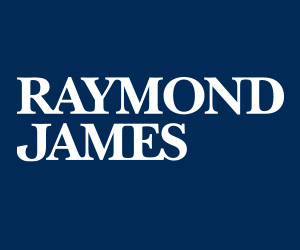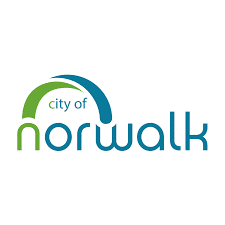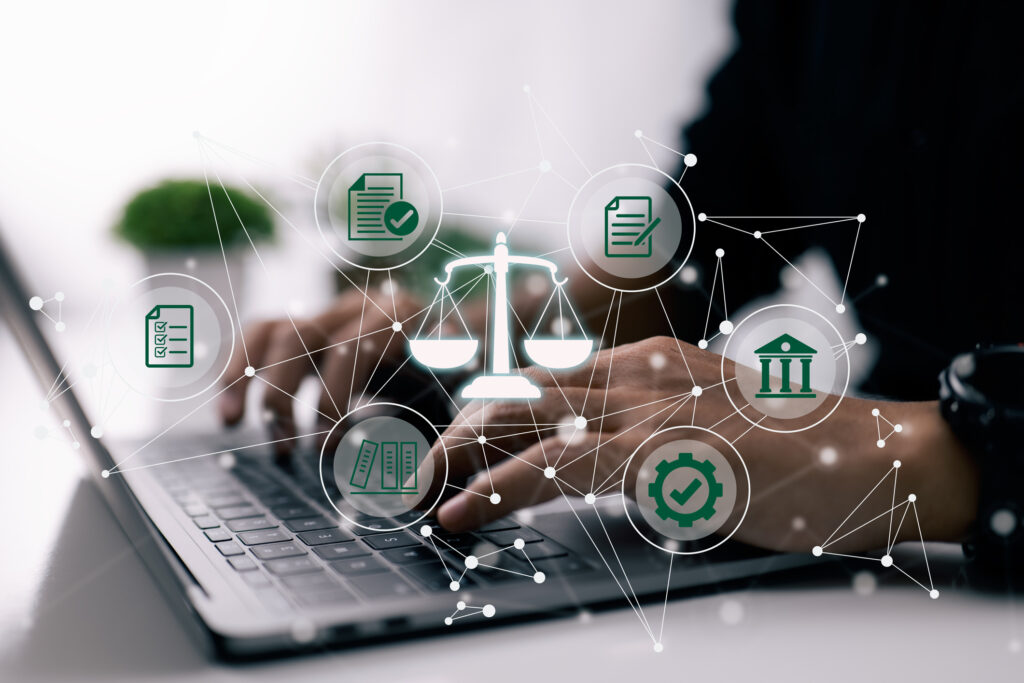5 takeaways from the #MeToo Power Breakfast

Last week, the Business Record hosted a Power Breakfast on the topic “#MeToo: Business best practices in the #MeToo era.” Panelists included: Kirsten Anderson, advocate and founder, Equitas Solutions; Jon Couture; chief human resources officer, Principal Financial Group; Karin Johnson, partner, labor and employment, Faegre Baker Daniels; and Tiffany O’Donnell; CEO, Iowa Women Lead Change.
Panelists answered several questions designed to make sure both men and women have the tools and best practices to confront harassment in the workplace.
Business Record reporters walked away with these five takeaways. You can watch a video of the first question and answers here.
KATE HAYDEN
Roots of #MeToo
Here’s more background on the #MeToo movement’s foundation, which is as important as the movement itself.
Actress Alyssa Milano elevated “Me Too” when she used the phrase on Twitter in October 2017, Business Record Publisher Chris Conetzkey shared in his opening remarks as moderator. Thousands of women responded or tweeted that day.
But the movement was founded in 2007 by Tarana Burke, a black woman and activist who founded the nonprofit Just Be Inc. to help sexual assault survivors. The New York Times told the story of how Burke’s role was almost erased from the narrative before Milano was made aware of Burke’s work and quickly moved to correct the problem.
Advice for small businesses
Panelists at the #MeToo forum tackled the needs of small staffs in response to an audience member’s question: How could small-business owners enact policies in advance of an issue?
“In my experience, most companies underinvest in training,” said Jon Couture, Principal’s chief human resources officer.
Couture recommended that businesses with limited staff have one designated staff member to receive HR training, and that the company would build a safe workplace culture starting with the leadership, much like a large corporation would do.
“There are great consultants in the marketplace … that can either do the training for you or advise you in specific issues,” Couture said.
KENT DARR
Calling ‘good humans’
Panelist Tiffany O’Donnell, CEO of Iowa Women Lead Change, recalled two incidents from her days as a television news reporter and anchor. One occurred at work, where a video editor repeatedly played a clip of her walking in high heels. The video was on an off-air monitor, so the public didn’t see it. But others in the newsroom did. “It was kind of creepy,” she said, until her news director grabbed the video editor and slammed him into a wall. “My boss saw that this was inappropriate and stepped forward to do something about it,” O’Donnell said. She described the news editor as a “good human.” She told of another incident, this at a social function, where a different colleague didn’t fit the description. Her husband later noted that the man’s actions were inappropriate. “It really speaks to how really strong individuals can be victims of this,” she said. “We all need to be self-aware, men and women, and step forward and be courageous about this when we see it.”
JOE GARDYASZ
Proving harassment a high bar
Employment law attorney Karin Johnson noted that the standard for what constitutes workplace harassment is very difficult to establish on a legal basis.
The “courts expect you to put up with a lot of garbage,” she said. To prove harassment, plaintiffs have to provide evidence of “severe and pervasive” behavior that is objectionable both subjectively to the person harassed as well as objectively by others.
Johnson also said that organizations shouldn’t be afraid to weigh the credibility of the accuser and the accused in cases of alleged harassment rather than concluding it’s a case of “he said/she said,” because if the complaint is taken to court, a jury would certainly take credibility into account.
Companies should have several reporting mechanisms, supportive culture
Principal’s chief human resources officer, Jon Couture, said one of several resources that his company provides for employees to report harassment is an anonymous hotline that they can call as an alternative to directly approaching the HR department or a supervisor.
“I think the key is that there are mechanisms for people to report issues,” he said, “and a culture in which people aren’t afraid to use those mechanisms.”
Similarly, Rockwell Collins provides an ombudsman for workers as an intermediary trained to investigate claims of harassment, Tiffany O’Donnell said.
That person is typically a senior leader who is appointed by other senior leaders in the organization as a tool “to find out what’s going on in an honest way,” she said. As with Principal’s hotline, an ombudsman is just one of several reporting avenues the company makes available, O’Donnell said.










